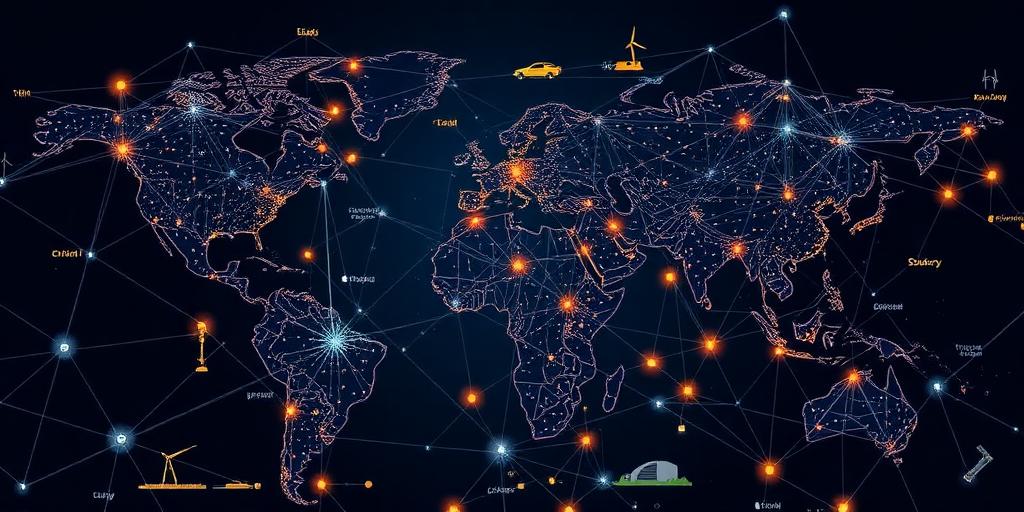The Geopolitics of Critical Infrastructure
Critical infrastructure (CI) refers to the assets and systems essential for a nation's functioning. These include energy, transportation, communication, water, and financial networks. Their vulnerability and interconnectedness make them a focal point in modern geopolitics.
What Constitutes Critical Infrastructure?
Defining CI can vary by country, but generally includes:
- Energy: Power plants, oil refineries, gas pipelines.
- Transportation: Railways, airports, ports.
- Communication: Telecommunication networks, data centers.
- Water: Water treatment and distribution systems.
- Financial: Banking systems, stock exchanges.
Geopolitical Implications
- Economic Leverage: Control or disruption of CI can exert economic pressure on nations.
- National Security: Protecting CI is vital for defense and internal stability.
- Cyber Warfare: CI is increasingly targeted in cyberattacks, raising concerns about national security.
- Resource Competition: Securing resources needed to build and maintain CI drives geopolitical strategies.
Case Studies
- Nord Stream Pipelines: The controversy surrounding these pipelines highlights the geopolitical implications of energy infrastructure.
- 5G Technology: The global race to deploy 5G networks reflects the strategic importance of communication infrastructure.
- Colonial Pipeline Attack: The ransomware attack that shut down a major fuel pipeline in the U.S. underscored the vulnerability of CI to cyber threats.
Challenges and Solutions
- Aging Infrastructure: Many countries face the challenge of modernizing outdated CI.
- Cybersecurity Threats: Protecting CI from cyberattacks requires robust security measures.
- Geopolitical Tensions: International cooperation is needed to address shared threats to CI.
Conclusion
The geopolitics of critical infrastructure is a complex and evolving field. As nations become increasingly reliant on interconnected systems, protecting these assets will remain a top priority.









